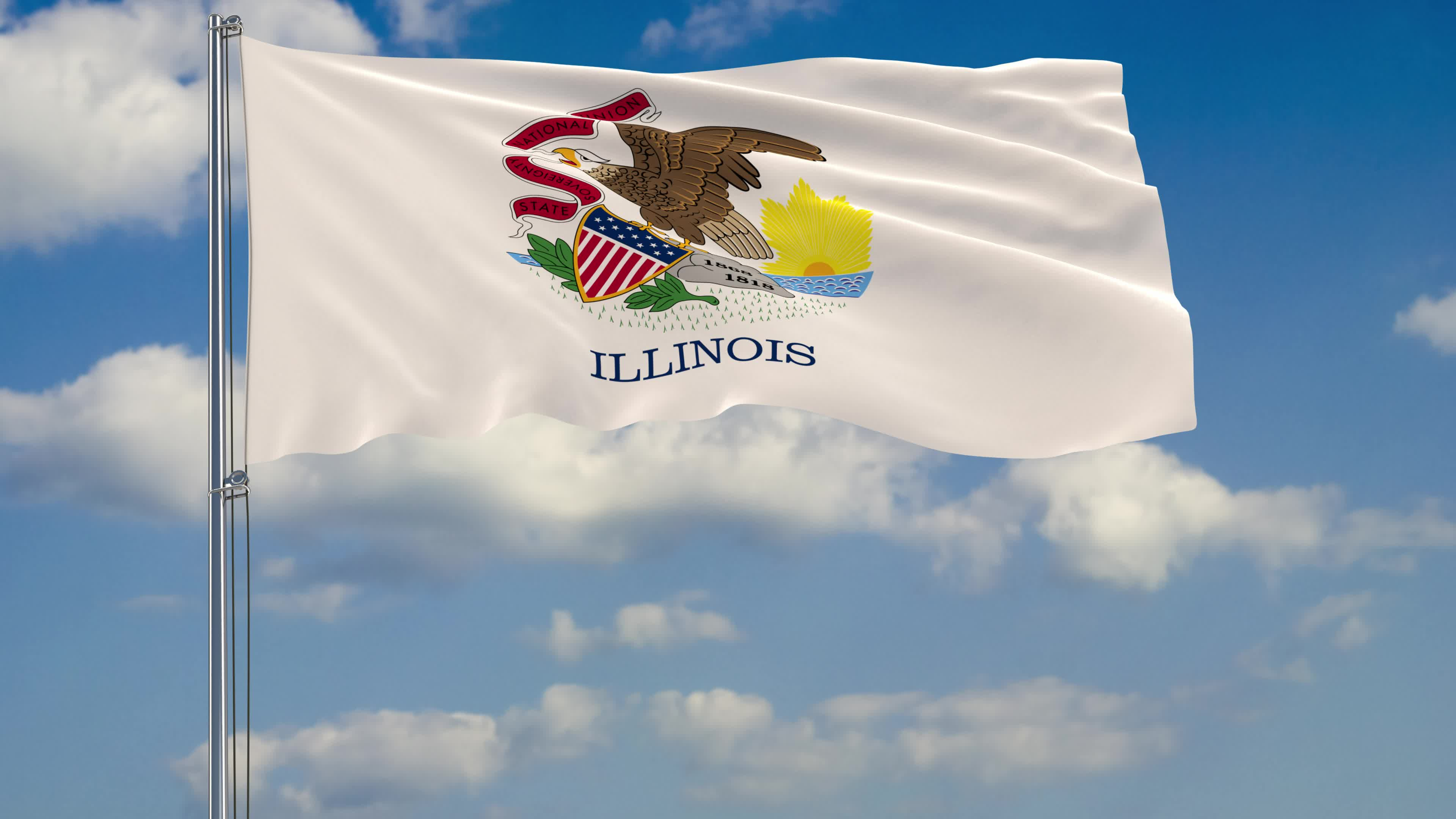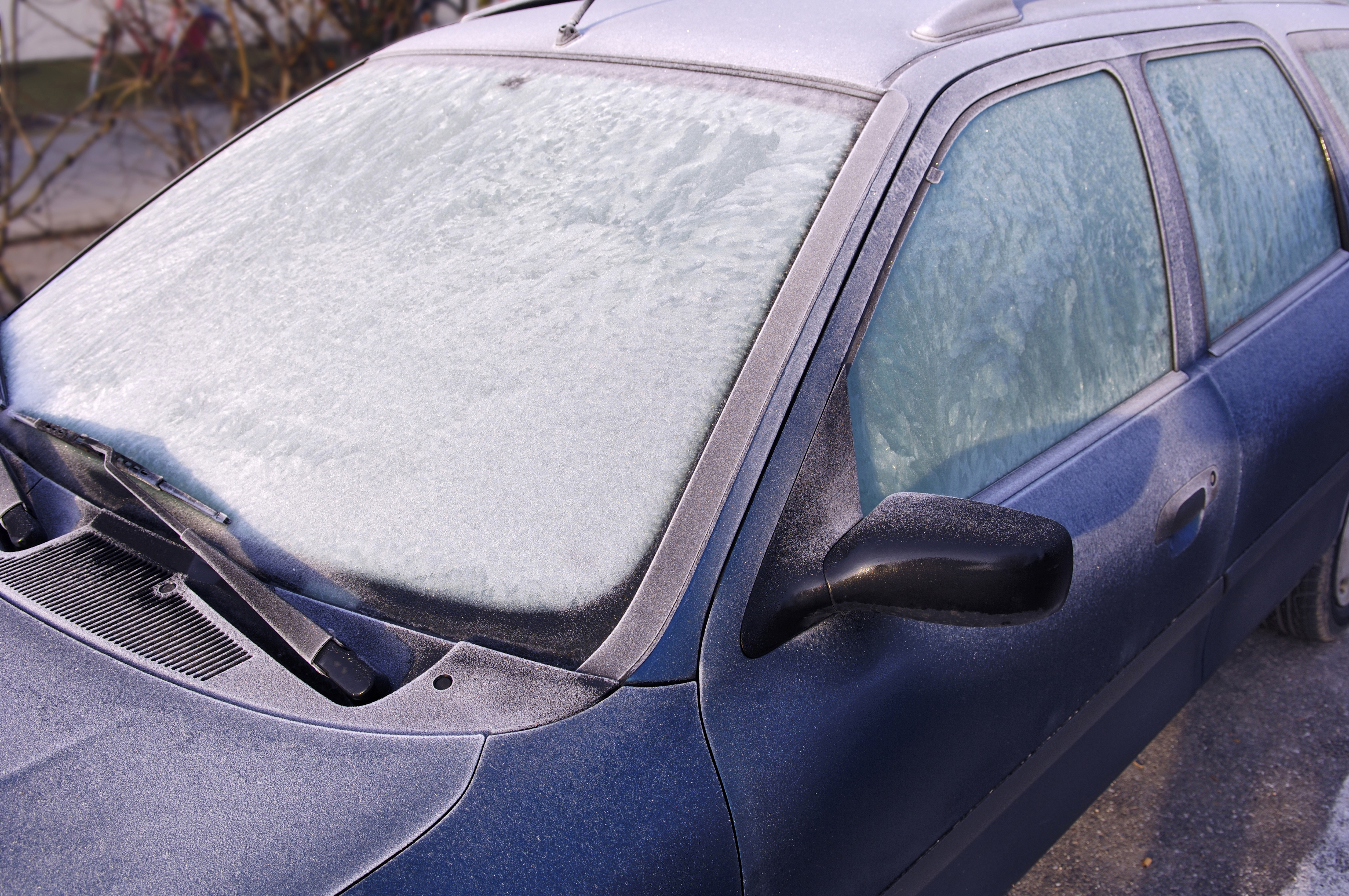Nearly all workers in the state of Illinois will officially be guaranteed at least one week of paid leave in the new year.
As part of the Paid Leave for All Workers Act, nearly all Illinois employees will be eligible for a minimum of 40 hours of paid leave per year. Employers can offer more if they choose to do so.
"Working families face so many challenges, and it's been my mission to alleviate all those burdens in every way that I can," Gov. J.B. Pritzker said when he signed the bill earlier this year. "Too many people can't afford to miss even a day's pay. But then crises arise, sometimes seemingly small, sometimes catastrophic, and they live in fear of losing income vital to their family's survival or other repercussions at work."
Employees can start using the time once they have worked for 90 days, the legislation says. That means that starting on March 31, 2024, or 90 days after they begin their employment, workers can begin using their earned time off for any reason without the requirement of providing documentation to their employer, according to the Illinois Department of Labor.
Unlike similar bills in other states, the expansive paid leave legislation requires Illinois employers to give workers time off based on hours worked, to be used for any reason -- not just for health reasons.
"For too long we have refused to accept this inevitability and penalized workers for dealing with family emergencies, broken down cars, or any of the other life complications we all face," Pritzker said. "Working families face enough challenges without the concern of losing a day's pay when life gets in the way."
SB 208 will officially take effect on Jan. 1, 2024. Here's a breakdown of what else is included in the bill, and how it compares to paid leave offered in other states.
What Other States Offer Paid Leave?
Requiring paid vacation is rare in the U.S. Just Maine and Nevada have similar laws, although it is common in other industrialized nations.
Feeling out of the loop? We'll catch you up on the Chicago news you need to know. Sign up for the weekly Chicago Catch-Up newsletter here.
Fourteen states and Washington, D.C., require employers to offer paid sick leave via similar laws, although employees may only use it for health-related issues.. What sets Illinois’ new legislation apart is workers won’t have to explain the reason for their absence as long as they provide notice in accordance with reasonable employer standards.
Maine and Nevada also allow workers to decide how to use their time, but substantial exemptions apply. Maine’s Earned Paid Leave law only applies to employers with more than 10 employees, and Nevada’s exempts businesses with less than 50.
Illinois’ will reach nearly all employees and has no limit based on the business size.
What Does Illinois' New Paid Leave Law Say?
According to the legislation, most employers will be required to provide their employees with a minimum of 40 hours (or five days) of paid leave per year to be used for any reason. Employers may choose to offer more paid leave time.
And while the law states workers may use their paid leave beginning on the 90th day of their employment, an employer may allow a worker to use it earlier.
The paid leave can be used "for any reason," the legislation states. However, workplaces can still require their employees to provide notice before taking paid time off.
MORE: 10 New Illinois Laws That Will Soon Impact Schools, Students and Education Across the State
"If the use of leave is unforeseeable, an employee is directed to provide notice as soon as practicable," a release from the Illinois Senate Democrats states.
The legislation also says that unused paid leave must carry over annually, up to 40 hours, but that "employers are not required to cash out the balance of an outgoing employee's paid leave," the release continues.
"Employers that violate the act would be subject to penalties, including fines and compensatory damages for the affected employee," the bill says.
Which Workers Does the Law Not Apply To?
Seasonal workers, such as lifeguards, will be exempt, as will federal employees or college students who work non-full-time, temporary jobs for their university.
What About Chicago and Cook County?
Ordinances in Cook County and Chicago already require employers to offer paid sick leave, and workers in those locations will continue to be covered by the existing laws rather than the new bill.
The Chicago and Cook County ordinances served as pilot programs for the statewide legislation, and assuaged critics who predicted mass business closures that didn’t come to fruition, said Sarah Labadie, director of advocacy and policy at Women Employed, a nonprofit that has fought for paid leave since 2008 and helped push through the legislation.




